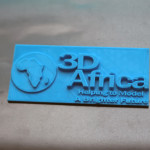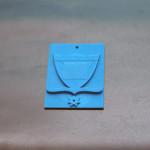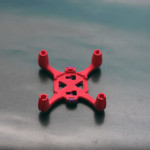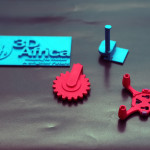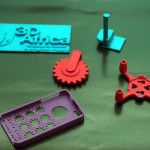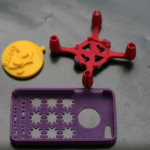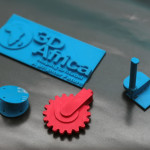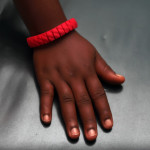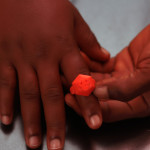3D Africa teaches and models innovation of entrepreneurial products, services, and skills and teaches marginalized, low-income youth, girls, and women how to sell those products in global, online markets. In many developing countries, educational systems are obsolete—resulting in millions of out-of-school youth, youth who are not taught employability skills, and young adults who, upon graduation from university, do not have in-country employment opportunities.
Entrepreneurial development is the greatest source for sustainable employment and income generation—especially through online markets. With many developing countries now having complete wireless coverage, marginalized populations now have access to the Internet.
For marginalized populations, gender disparity is a significant issue. For example although girls and women are using technology more than ever, very few are creating technology or studying computer science or engineering. While 37% of those in computer science fields in 1985 were women in the U.S., it’s only 15% in 2014. Disparities in engineering fields persist:
- Mechanical engineers: only 9% are women
- Civil engineers: only 15% are women
- Computer hardware engineers: only 6% are African American women
- Chemical engineers: only 3% are Latino women
- Only 15% of those studying engineering in Nigerian universities are women
3D Africa combines 3D printing skills with human-centered design processes to meet local, relevant, and critical social and health needs. Through social innovation and in the spirit of ‘making’, marginalized girls, youth, and women in 3D Africa are taught to be the next-generation leaders and innovators of their community and the world.



